Are love and loyalty enough to sustain a relationship? Not really. There are many other critical components that are important for a relationship to imbibe and practice in order for two people to be happy and content together. Emotional validation is one of them. It’s a simple yet powerful act of making your partner feel seen, heard, and understood. As human beings, we have an inherent desire to be understood because it makes us feel emotionally secure.
Research has found that validation is the best way to help a distressed person. It helps them regulate their emotions in a healthy way. To find out more about the importance of emotional validation in relationships, we reached out to psychologist Aakhansha Varghese (M.Sc. Psychology), who specializes in different forms of relationship counseling – from dating to breakups, and premarital to abusive relationships. She says, “Emotional validation is a part of any long-term healthy relationship where partners are tuned in and in sync with each other.”
What Is Emotional Validation?
Table of Contents
A lot of people struggle to acknowledge their partner’s feelings and dismiss their thoughts and emotions. This makes the partner feel dejected and invalidated. Let’s say the person you love opens up to you and shares their feelings. It has taken every ounce of their being to gather the courage and share something so important with you – whether it’s insecurity or something they are silently proud of. However, you treat the information as trivial or silly; you act as if they made a mountain out of a molehill. That’s emotional invalidation and it can lead to a lot of relationship problems.
Aakhansha says, “In a healthy relationship where there is emotional validation, there will also be acknowledgment, understanding, accepting a partner’s emotions, thoughts, and behaviors even if they are unpleasant and negative. Emotional validation in a relationship is all about providing a safe and non-judgmental space for your partner where they can disclose their innermost feelings, thoughts, and desires without having to think twice.”
You need to validate your partner’s feelings if you want to become a good partner. If you are wondering who needs emotional validation, here is a list to help you out:
- Partners who have experienced trauma in their past relationships such as betrayal, abuse of any kind, gaslighting, and manipulation
- Partners who have anxiety, depression, or any health issue or mood disorder
- Partners who need constant reassurance and feel like they don’t deserve to be loved
- Partners who have low self-esteem in a relationship
- Any partner at all – no health issue/trauma is required for someone to seek and deserve emotional validation in relationships
Why Is Emotional Validation Important For Couples?
Why do I need emotional validation? Because it’s nice to know that you have someone in your life who accepts and acknowledges your emotional experience. They understand why you are feeling a certain way and it will also give them an idea on how to make you feel better or how to support your dreams. As a partner, you don’t even have to agree with what they are feeling. You don’t have to disagree either. You just have to sit there and listen to them speak their heart out.
Let’s say your partner is suddenly insecure and suspects you of having an affair with their best friend. They accuse you of cheating when you are innocent. You don’t retaliate to this and say things like “Oh, you must be cheating on me and that’s why you are accusing me of being disloyal” or “Are you out of your mind? Please stop acting crazy!” Instead, you say, “I hear you. I don’t know what happened to make you feel this way but we can talk about it and clear this up.” This is one of the examples of validating statements. Yes, it’s as simple as that.
I asked Aakhansha, why do I need emotional validation in my relationships? She says, “Words of validation for a man and woman are needed because it acts like a bridge between partners. It connects them.” Aakhansha shares why validation in simple words is important:
- Emotional validation in a relationship encourages honesty and therefore fosters trust between partners
- This acknowledgment leads to acceptance. Partners feel accepted for who they are. They don’t have to pretend to be perfect
- Those who practice validation don’t sweep matters under the rug, they have healthy communication
- When you validate your partner’s feelings and achievements, it makes them feel like you value them
Related Reading: 6 Ways To Be More Empathetic In A Relationship According To An Expert
7 Signs Of Emotional Validation In Relationships
It’s important to validate your partner’s feelings because it makes them feel like they have someone to rely on during both difficult and easy times. They won’t feel alone. Here are some signs that show you have a validating partner.
1. Partners share personal information without inhibitions
Aakhansha says, “The first sign of emotional validation in relationships is when partners don’t hold back any kind of information. Whether it’s their work life, the mistakes they made in their past life, things they are proud of, their past loves, their traumas, and insecurities. They won’t hide any information and will feel free to share it with their significant other.”
This is because they feel secure and safe when they are sharing things with their partner. This might seem trivial but it matters the most when it comes to keeping a relationship running harmoniously. You are not walking on eggshells in your relationship anymore. There is a sense of trust and bond cultivated where both partners know that they are going to feel validated.
2. Partners make each other feel as they belong together
Aakhansha says, “This is one of the common things I’ve seen in my clients. They feel like they are burdening the other person with their insecurities and lack of confidence. They feel guilty for feeling negative emotions. However, it’s healthy validation when partners feel like they belong with each other and there is no sense of liability.”
If you want to validate someone’s feelings with your actions, then make them feel like they belong with you. Listed below are some things you can do to make your partner feel that way:
- Make a conscious effort to make them feel like they are at home whenever they are with you
- Practice kindness, empathy, and gentleness
- Be a good listener and don’t interrupt when they are talking
- Accept their flaws and don’t use them to hurt your partner
- Accept their strengths and don’t downplay them
- Give them space where they can nourish their individual identity
3. You truly feel loved in the relationship
Aakhansha says, “This may sound corny but love is the most beautiful thing in the world. And how do we make someone feel like they are loved? How do we tell someone we love them? With the help of our actions. We get little gifts for them, we help them grow into a better person, we show support and validation in simple words, and we try to make their lives easier by sharing their troubles.
“When you feel like you are truly loved, it’s one of the signs your emotions are being accepted, acknowledged, and validated.” Validation is a learned skill that partners learn in order to perpetuate a relationship. Nobody is born with this skill. You have to make it a point to acknowledge your partner in order to make them feel loved.
Related Reading: 11 Ways To Improve Communication In Relationships
4. You feel lighter after sharing your real thoughts
You’re able to share something that excites you, knowing that it’ll be received well and with enthusiasm. The opposite is true as well. Say, you and your partner have had an argument. The two of you vent angrily in the heat of the moment. Soon after, both partners make it a point to sit down and clarify everything that went down. If there is emotional invalidation, you will end up feeling a lot more distressed than before. However, with emotional validation, you will feel a lot lighter. You will feel like your concerns were heard and addressed.
Aakhansha adds, “You and your partner will feel rejuvenated after an uncomfortable conversation. You say things to reassure your partner of your love. Your chest isn’t heavy anymore and you can breathe better after clearing the air with your partner. Healthy couples don’t avoid conflicts. They face them together and find ways to overcome their relationship problems.”
5. You have a strong support system
Some people have a support system in the form of parents, siblings, friends, and even colleagues who support you through thick and thin. When your partner becomes your support system, it’s one of the signs your feelings are being validated in the relationship. When your partner isn’t supportive of you, it’s one of the biggest red flags.
When you have a supportive partner, you feel relieved when you involve them in your life decisions. You feel proud to have this person as your significant other. Listed below are some signs of a supportive partner:
- They appreciate you for who you are
- They don’t control you and tell you what to do
- They respect your boundaries
- They don’t patronize you or try to put you down when they disagree with you
- They respectfully agree to disagree
- They take accountability when things go wrong
- They support your dreams and ambitions
6. You celebrate each other’s flaws and strengths
Sometimes, partners overlook each other’s flaws and pretend as if the other person is perfect. However, when they are in an emotionally validating relationship, they will celebrate each other’s flaws. Nobody is perfect. Your partner is just another human being fully capable of having faults and making errors.
When you and your partner are acknowledging each other’s mistakes, don’t say things like “Forget about it” or “Let’s never mention this again”. Instead, try validation in simple words and say, “I see you with all your flaws and I don’t think there is anything wrong with them” or “You are so confident in owning up to your faults. You have given me the courage to do the same”.
Also, don’t dismiss your partner’s strengths. Compliment and make them smile when they do something they are proud of, tell them how much you appreciate them, read the article they’ve written, or listen to the song they’ve recorded.
7. You feel stronger when you are with your partner
An unhealthy relationship will wear you down sooner or later. It will drain all your energy. But when you are being validated in a relationship, you feel stronger. You have someone in your life who won’t let you fall down and even if you do, they are there to catch you and lift you up. You grow together and find strength in each other.
We live in a fast-paced world. That’s enough to bring stress, anxiety, and self-doubt into our lives. Nonetheless, when you are in a healthy relationship, your partner will provide you with validation, compassion, confidence, and love.
6 Tips To Practice Emotional Validation
Mastering the art of emotional validation will help you deepen the bond you have with your partner. It will also provide meaning to your relationship. By learning how to validate someone’s feelings, you will be able to have better interpersonal interactions with them. Here are a few things to consider:
Related Reading: 10 Critical Emotional Needs In A Relationship
1. Listen to their problems empathetically
Aakhansha says, “The person you love is feeling low. They are sharing their problems with you. Set aside your mobile phone, magazine, or whatever it is you are doing, and listen to them intently. Don’t multitask and be mindful of your body language. Your body language should convey that you are open to hearing them. Make constant eye contact and don’t sit cross-legged or cross your arms.”
Here are some tips on how to be a good listener that will help you practice emotional attunement in your relationship:
- Talk less and listen more
- Don’t interrupt them when they are speaking
- Be okay with silences. If they are taking time to process their feelings, don’t feel the need to fill those silences with your opinions, thoughts, and judgments
- If they want your opinion, they would ask you for it. You can then explain in detail
- Don’t start sharing your problems or any kind of similar experience you have had in the past. This just makes the other person feel as if their problem isn’t big enough
- Validate and thank them for being vulnerable with you
2. Don’t offer to solve their problems
This is one of the biggest mistakes you can make while trying to validate someone’s feelings. Don’t immediately offer to help them. They aren’t sharing this in exchange for your help. Your partner is sharing their woes with you because they consider you a valuable support system. They just wanted to be heard and understood. If it’s a serious problem and you want to fix it, then ask them if they would like to take your help. If yes, then go ahead and share your advice.

3. Avoid non-validating responses
Some actions and responses can invalidate how your partner is feeling. Don’t raise your brows and convey as if it’s not a big deal. Don’t sigh or grunt. Don’t grit your teeth and act annoyed when they are down. These things often end up making the other person feel like they are exaggerating the problem or their achievement.
Listed below are some responses that will never validate your partner’s feelings. These are some of the hurtful things you should never tell your partner:
- “You are just overreacting”
- “Just relax. You are being over-sensitive”
- “Why are you so upset over this? Get over it already”
- “Are we still talking about this?”
- “Don’t overthink. Just get over it”
- “I am not having this discussion again”
- “I don’t think that’s what happened”
- “What’s the big deal if you got this award? Doesn’t everyone?”
- “I’m glad you got a raise, it’s about time you contribute more to our expenses”
- “Why are you dressed like that?”
Related Reading: 16 Ways To Show Affection To Your Partner
4. Use encouraging words
Validation in simple words makes a big difference when you are trying to make someone feel heard. Saying supportive things can strengthen the bond as well. Here are some examples of validating statements that you can use the next time your partner is feeling dejected:
- “You can tell me anything. I am always here for you”
- “I am so sorry you had to experience this. Can I give you a hug?”
- “I am listening. Go on …”
- “Is there anything I can do to make you feel better?”
- “I am so glad you shared this with me”
- “What you are feeling is completely normal”
- “You make sense”
- “You’re doing so well and have come so far!”
- “I can’t wait to see what you come up with in the future, you’re so talented”
5. Don’t blame your partner for feeling a certain way
Each person thinks, acts, and feels differently from the other. Just because your partner feels a certain way, doesn’t mean they are wrong or that you need to hold them accountable for it. Furthermore, don’t point out the errors in their judgment if they did something wrong.
For example, your partner is talking about a work situation where they were in the wrong. You don’t have to exaggerate their problems by blaming them for anything. Your intentions are good and they mean well but this isn’t the right time to point out their mistake.
6. Ask open-ended questions
Asking questions and being curious about your partner is a great way for them to open up. It will help you understand why they are feeling so lost and what you could do to help them feel better. Listed below are some open-ended questions to ask your partner that will make them feel validated:
- “How are you feeling about this?”
- “Are you okay with managing all this alone?”
- “Do you want to tell me anything else?”
- “Who will you celebrate with?”
Key Pointers
- One of the most important things in a relationship is to make your partner feel validated by hearing them and making them feel understood and celebrated
- Allow your partner to express themselves freely without being judgmental and without cutting them midway
- One of the signs you are being validated in a relationship is when you truly feel loved and supported by your partner
- Ask open-ended questions and provide validation in simple words to make your partner feel better
Everyone experiences and processes feelings differently. You just have to find out how your partner would like to be validated. Respect your partner’s boundaries even if they don’t want to talk about it. Initiate this conversation when they are in a good mood and when they are ready to open up.
FAQs
It looks like you are being open-minded and positive about your partner’s feelings. You communicate clearly and don’t let them hide their emotions. You don’t control their emotions either.
It’s one of the primary needs of a person and has to be addressed every now and then. It helps them feel secure in their way of thinking and reacting. If they are validated and feel safe, they won’t hold themselves back or bottle up their emotions.
Your contribution does not constitute a charitable donation. It will allow Bonobology to continue bringing you new and up-to-date information in our pursuit of helping anyone in the world to learn how to do anything.



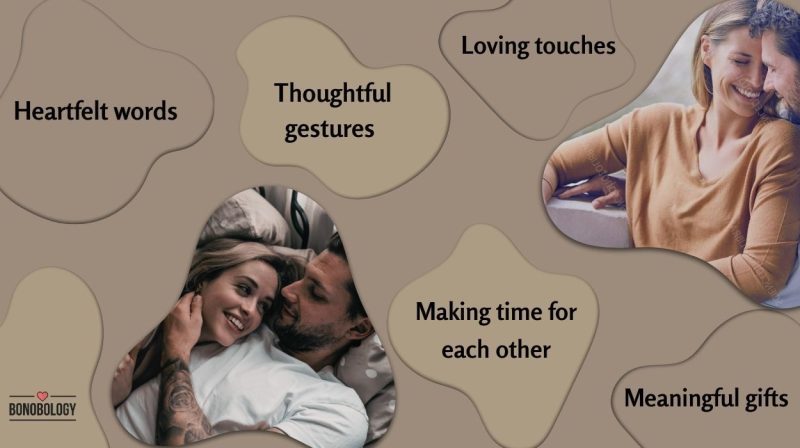
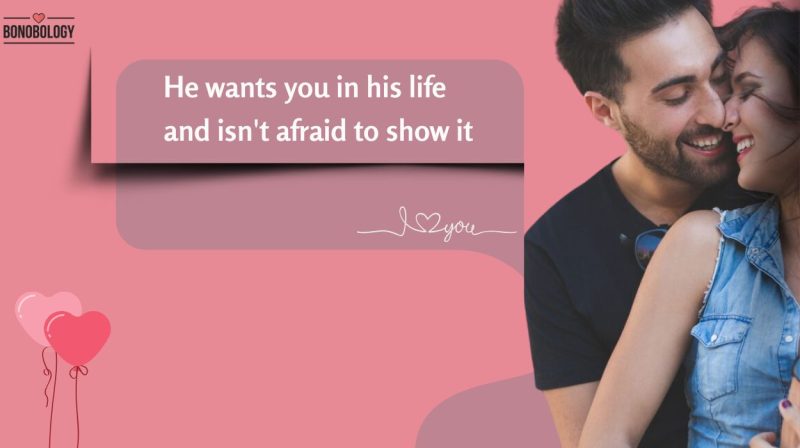
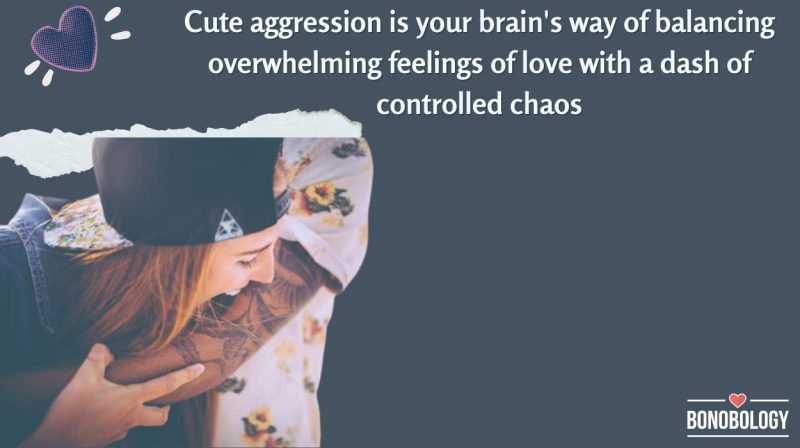



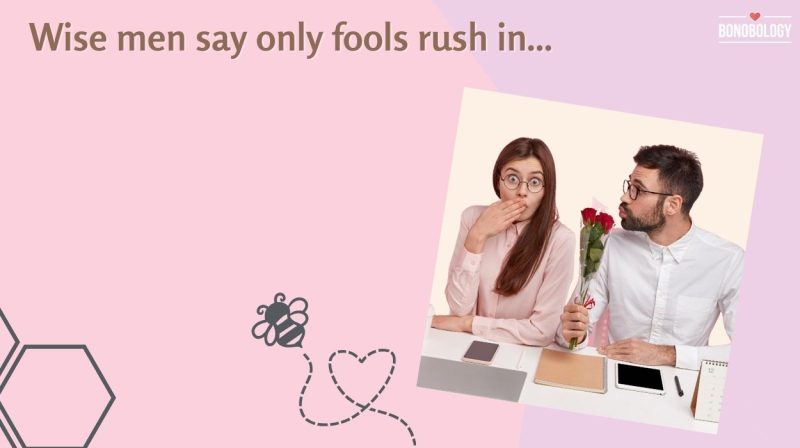
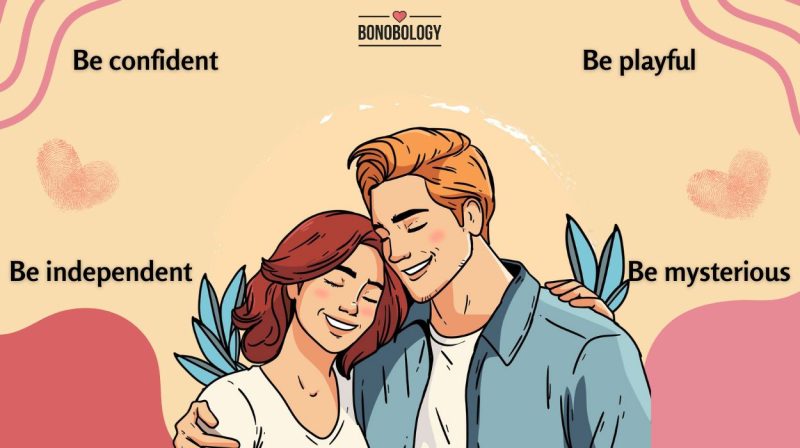

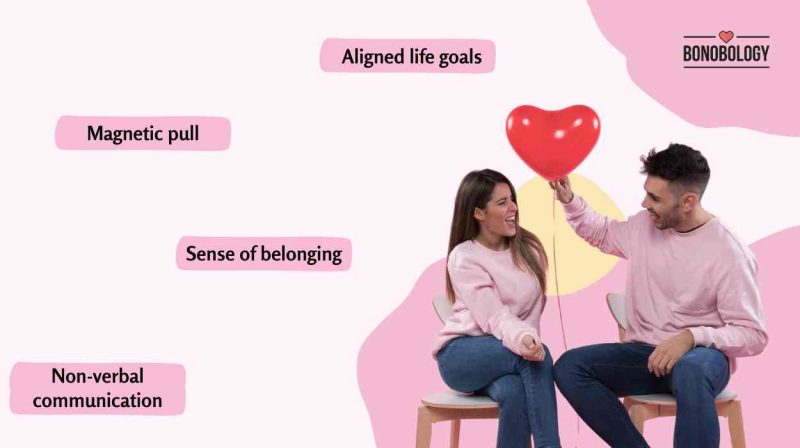





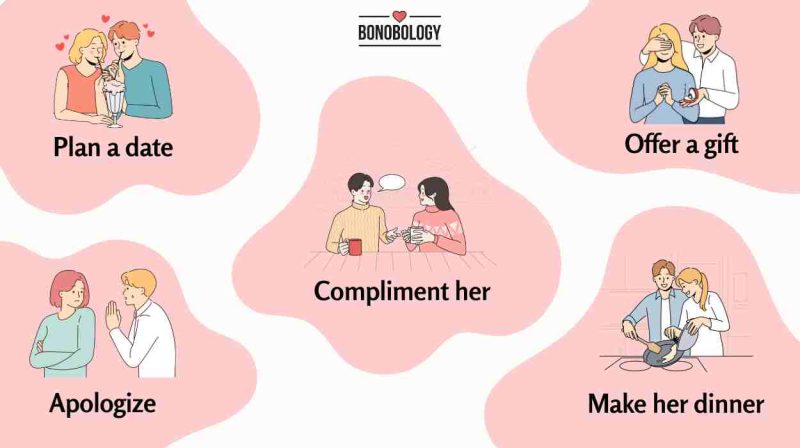



Featured
Looking For Words To Make Her Trust You? 300 Ideas
What Is Affection In A Relationship And How To Show It
21 Undeniable Signs A Guy Is Claiming You
Why Do I Want To Bite My Boyfriend? The Psychology Behind It
Ungodly Soul Ties Keeping You Stuck? Learn How To Break Them
How To Feel Confident During Your First Sex Experience
200+ Creative Responses To “I Love You”
15 Things to Consider Before Making a Relationship Official
How To Make Him Obsessed With You: 21 Smart Tips
10 Best Apps for Long-Distance Relationships
21 Signs You Have An Unexplainable Connection With Someone
150 Words Of Affirmation Examples To Cement Your Bond
7 Obvious Signs He Likes You, As Per A Relationship Expert
How To Manifest Someone To Be Obsessed With You
100 Romantic Birthday Wishes To Make Your SO’s Day Extra Special
200 Romantic Text Messages That Will Make Her Want You Badly
How To Make It Up To Your Girlfriend: 20 Effective Ideas
Emoji Love Texts: 15 Creative Ways to Express Your Feelings
30 Romantic Emoji Meanings — Decoded for You
100 Things for Couples to Do Together